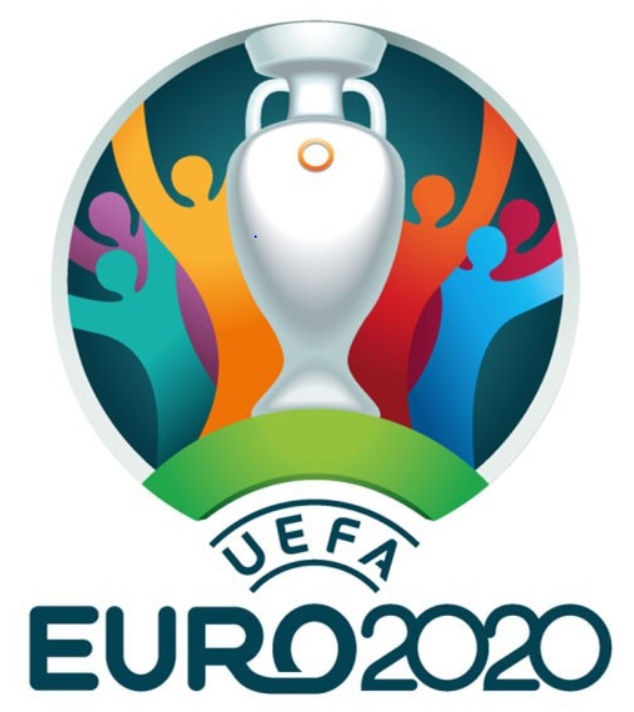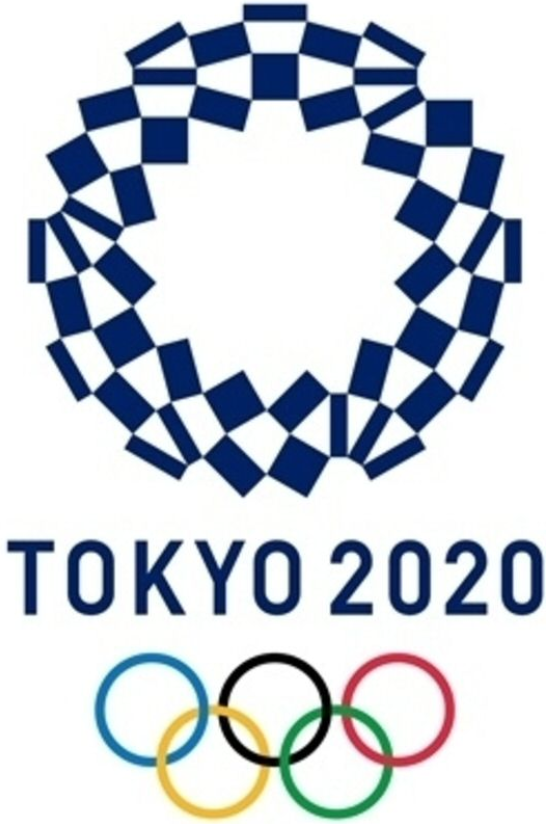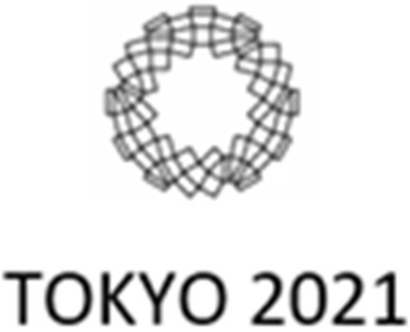
2020 is postponed. On your marks?
Science-fiction has continuously been imagining and revisiting time travel. But in the real world, it is sports event organizers who will actually make us go back in time: in the summer of 2021, we will return to 2020.
It has indeed not gone unnoticed that UEFA European Football Championship and Tokyo Olympic Games, which should have taken place this summer, have both been postponed to the summer of 2021. But while these events have been rescheduled in a year’s time, their organizers have chosen to keep their original names[1] – so they will still be known as Euro 2020 and Tokyo 2020 Olympics.
We recently discussed the fate of trademarks used in a different form than registered[2], but here the opposite issue arises: how to adapt protection, exploitation and enforcement strategies when choosing to keep or switch to an “outdated” sign?
The rationale behind these event organizers’ decisions are easily understood: willingness to keep a connection with the original tournament’s date, to not undermine the efforts already put into communication and promotion of the event or to try not affecting the overall economics of contracts and completed operations. Because beyond the mere mention of a date, a wide range of other issues can arise:
- Costs related to creation and development of graphic charters and logos for the event, which entail specific assignments of rights. A change in such logos would, for instance, have required the prior consent of the authors;
- Filing campaigns of trademarks, designs or domain names, which are necessarily on a large scale for such events, are a major cost factor. They are moreover anticipated quite early on, UEFA having for instance widely applied for the 2020 logo as of 2016 – meaning right after the end of the previous tournament (below is European trademark No. 015848104):

The International Olympic Committee did likewise (ICO) (see European trademark No. 1334248):

More than just redating, renaming these events as “Euro 2021” or “Tokyo 2021 Olympics” would also have raised the question of whether such filing campaigns are to be maintained or abandoned in favor of new ones – but with associated costs, not only to cover official fees and representatives’ fees, but also costs resulting from trademark clearance actions carried out or observations submitted in response to office actions (these costs being all the greater given that filings are generally already initiated by or for candidate cities, well before the ICO finally tabs a city as the host of the Olympics);
- Reviewing and amending all contracts involving the logos, marks and other IP rights, especially sponsorship contracts or licensing agreements for production and marketing relating to merchandising etc. – the types of which are generally many and varied (not to mention that a number of products had no doubt already been manufactured by the time the postponements were decided, so that they would have been completely obsolete after a change of name).
It is also to be borne in mind that such a decision not only affects the sports event organizers, but their participants and partners as well (notably sponsors, broadcasters, suppliers of equipment to the qualified teams and athletes, etc.)
But once the decision is taken: what are the ways, for the event organizers and operators, to protect themselves against or react against third-parties coming up with the “brilliant” idea of taking advantage of the “time lag” and possible subsequent lack of protection to monopolize and/or use the “Euro 2021” or “Tokyo 2021 Olympics” names?
We can think of a few available options at least, besides the expensive path of filing new applications, with a defensive purpose (the ICO hasn’t ruled out this possibility, since the semi-figurative mark  No. 018233834 was filed with EUIPO on May 5):
No. 018233834 was filed with EUIPO on May 5):
- Sports event organizers surely can still rely on their exclusive right to exploit such events – in France, it is statutorily provided for by article L. 331-1 of the Sports Code, while an equivalent right most likely exists in a number of countries (in any case, organizations such as the ICO, FIFA or UEFA generally require from the host country that such mechanisms of protection are enacted into law before they award responsibility of the organization);
- An action for infringement of “2020” trademarks remains possible indeed, as well as an action seeking civil liability, most particularly unfair competition and/or parasitism – as this has already been the case in past ambush marketing matters. For instance, an individual who filed marks on “Paris 2016”, “Paris 2020”, “Paris 2024” and “Paris 2028”, and made reservations for the corresponding “.fr” and “.com” domain names, was held responsible for trademark infringement by the Paris Court of First Instance on 14 March 2007 – as the French Olympics Committee was then the owner of registered trademarks on “Paris 2003” and “Paris 2012”[3]. This however means launching generally long and expensive court actions, when pre-litigation measures such as cease-and-desist demands fail;
- In the same case, the Paris Court also held that the claim for fraudulent application was well grounded – a basis for invalidity that can today be brought before the French Trademark Office, which has jurisdiction to hear invalidity requests since April 1st (we recently discussed this new procedure in another newsletter[4]) ;
- Besides requests for declaration of invalidity, opposition to a trademark application, before registration is achieved, can be considered – if no ex-officio citations or objections are issued in jurisdictions where such examination systems are in place, as in the United States. As an illustration, PUMA recently faced refusals in the US, after it applied for “Puma Tokyo 2021” and “Puma Tokyo 2022” – because these signs could suggest that they have a connection with the Tokyo Olympics. Likewise, the USPTO has issued office actions against PUMA’s trademark applications for “Puma Euro 2021” and “Puma Euro 2022”, because there would be a risk of confusion with the prior ‘Euro 2020” and (smart) “
 ” trademarks and their possible association with the UEFA European Football Championship[5]. PUMA can still file observations in response to these refusals, while – in our view – they are well-grounded unless PUMA is one of these events’ official partners or is entitled to proceed with such filings under agreements with these event organizers / rights holders. At the European level, a word trademark application for EURO 2021[6] also appears to be pending since last 12 March – just five days before UEFA officially announced postponement of the tournament, while rumors were already growing and it was known in any case that the women’s tournament had initially been scheduled for the summer of 2021;
” trademarks and their possible association with the UEFA European Football Championship[5]. PUMA can still file observations in response to these refusals, while – in our view – they are well-grounded unless PUMA is one of these events’ official partners or is entitled to proceed with such filings under agreements with these event organizers / rights holders. At the European level, a word trademark application for EURO 2021[6] also appears to be pending since last 12 March – just five days before UEFA officially announced postponement of the tournament, while rumors were already growing and it was known in any case that the women’s tournament had initially been scheduled for the summer of 2021;
- Lastly, we believe that the specific protection granted to well-known trademarks should possibly be claimed as well, notably considering the widespread publicity of these events and their recurrent nature (as, apart from exceptional occasions like the current pandemic, these events are organized every four years, and their names almost always consist of a combination of the host country / city’s name with the year of the event – as an example, trademark filings for the 2024 edition of the European Football Championship have already been lodged, on the
 logo). Also, the French procedural reform of oppositions (adopted in furtherance of European harmonization) purposely aims at facilitating proceedings based on well-known trademarks and gives standing to local authorities (such as cities) to oppose marks that would be prejudicial to their name, image or repute.
logo). Also, the French procedural reform of oppositions (adopted in furtherance of European harmonization) purposely aims at facilitating proceedings based on well-known trademarks and gives standing to local authorities (such as cities) to oppose marks that would be prejudicial to their name, image or repute.
News coverage of these major sports events has dictated our choice of topics for this monthly newsletter, but similar issues to those raised herein could without doubt arise in other circumstances – notably for holders of rights on any other sign having a temporal aspect.
May I say that I am already looking forward to 2021?

Nelly Olas is a French Trademark and Design Attorney with more than 10 years of experience. Prior to joining Santarelli in 2015, she practiced as a lawyer – being admitted to both the Paris and New York bars. She holds a master in Laws in IP from Paris II – Assas University and an LL.M. in IP from the New York based Cardozo School of Law..
[1] See statements respectively issued by UEFA https://www.uefa.com/uefaeuro-2020/news/025c-0f3dbcbd50d8-e5b818335722-1000–uefa-euro-2020-to-keep-name/?iv=true, and the International Olympic Committee jointly with the Tokyo 2020 Organizing Committee https://www.olympic.org/news/joint-statement-from-the-international-olympic-committee-and-the-tokyo-2020-organising-committee
[2] Our newsletter on this subject, written by Nawel Triba: https://www.santarelli.com/en/use-of-a-trademark-in-a-different-form-than-registered-a-subtle-and-uncertain-issue/
[3] Tribunal de Grande Instance de Paris, 3rd chamber, 3rd section, 14 March 2007, R.G. No. 2006/00016
[4] See our newsletter on this subject, written by Fabrice Pigeaux: https://www.santarelli.com/en/good-news-the-french-ip-office-can-now-declare-an-invalidity-or-revocation-of-registered-trademarks/
[5] USPTO notably based its refusal on the following ground: « because the applied-for mark consists of or includes matter that may falsely suggest a connection with the 2020 UEFA European Football Championship. […] Although The UEFA is not connected with the goods provided by applicant under the applied-for mark, the quadrennial football championship is so well-known that consumers would presume a connection. »
[6] European trademark application No. 018210137 dated 12 March 2020, still under examination and not yet published on writing this newsletter
